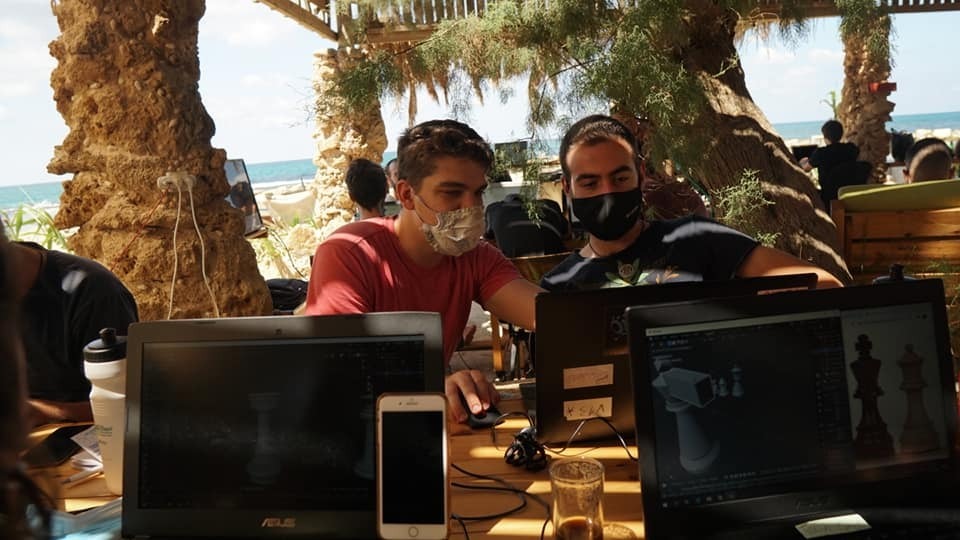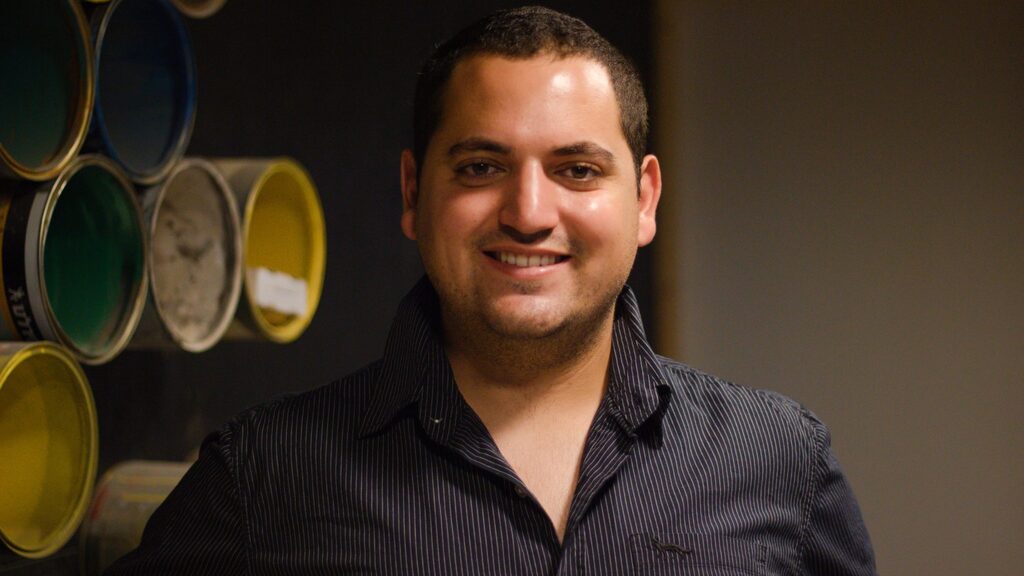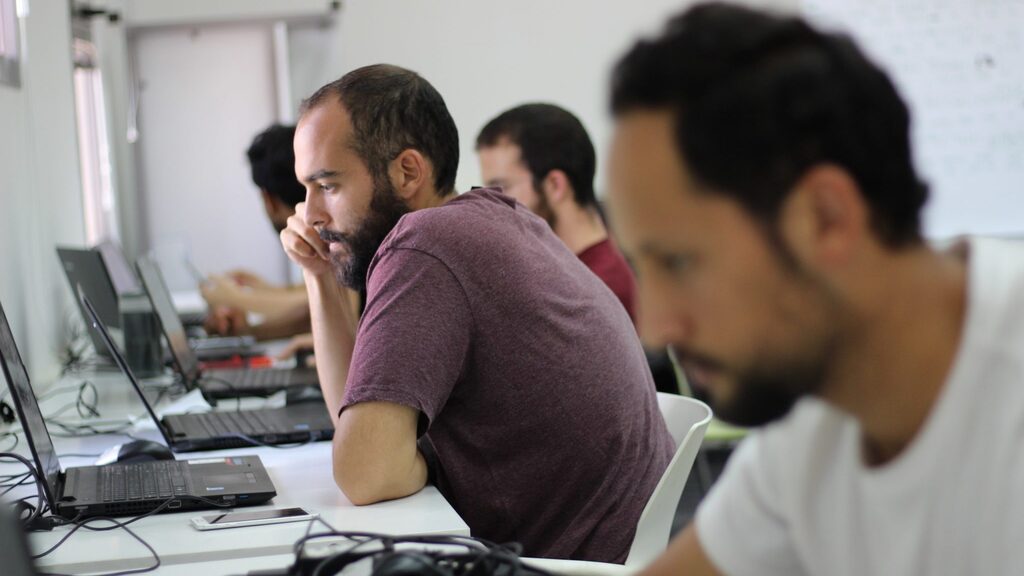Getting your Trinity Audio player ready...
A worldwide pandemic has failed to put a damper on an initiative that aims to bring together young Israeli and Palestinian entrepreneurs and tech enthusiasts.
Joint Israeli-Palestinian NGO Tech2Peace is barreling ahead with plans to double the size of its intensive tech seminars in 2021.
Health restrictions and lockdowns notwithstanding, over the past year 60 people took part in the organization’s program, which not only provides participants with valuable tech skills but also promotes peace through dialogue.
Tomer Cohen, the 28-year-old co-founder and co-executive director of Tech2Peace, calls it a “very weird mixture of high-tech workshops alongside dialogue.”
“Half of the time it’s about high-tech,” says Cohen. “Every participant chooses his or her own track – if it’s programming, mobile app development, etc; the other half of the time it’s about dialogue.”
Following their pilot seminar in the southern town of Yeruham in 2018, the venture received the Israeli Hope prize, an award launched by President Reuven Rivlin worth NIS 10,000 ($3,100).
Over the years, tech giants like Google and Microsoft have worked together with Tech2Peace to help provide advanced technological training.
During Tech2Peace’s intensive seminars, no topic is off-limits for Israeli and Palestinian participants.
“When they’re already becoming friends, we start to talk about the most painful experiences: about Nakba, [Israel’s] Independence Day, the Holocaust, checkpoints and everything,” Cohen says.
For many of those taking part, he says, it is the first time that they get to meet the so-called “other side.”
“Even though those communities live so close to each other, they are so divided,” Cohen says, noting that the program also encourages long-term business partnerships.
Participants come from all walks of life: secular, religious, refugee camps, peripheral towns and major cities. More than 150 people have so far graduated from the program and recently demand has greatly increased.
The COVID-19 pandemic, which upended so many learning programs around the globe, failed to slow Tech2Peace down, Cohen noted, as organizers turned to holding seminars outdoors in order to observe health regulations and maintain social distancing.
Adnan Jaber, 25, is one of the program’s successful graduates. Jaber, who grew up in East Jerusalem, called the experience “unique” and said that he was inspired to sign up during his last year of studies at the Arab American University, located in the Palestinian city of Jenin.
“I was a tech student and wanted to get a job in high-tech in Tel Aviv,” says Jaber, now a board member at Tech2Peace. “I wanted to better develop my tech skills and also I’m from Jerusalem and [was always curious] to know about the other side.”
Since then, Jaber also has launched his own startup: a smartphone application called “Yalla Reyada” that aims to help individuals achieve their fitness goals.
“I like to call myself a social entrepreneur. I love sports a lot,” he says. “If we want a better future in this region for both [Israelis and Palestinians], I think there must be collaborative businesses together. That’s how people can get along and trust each other more.”
While Tech2Peace hopes to bridge the divide between Israeli and Palestinian youth, the NGO does not advertise itself as presenting a solution to the conflict. Rather, the goal is to establish a vibrant and long-lasting tech community that its leaders hope will grow significantly in the near future.
“In five to 10 years, one of them is going to be a mayor of a town in Palestine or in Israel and it’s already going to make a huge change because we target those very talented leaders,” co-founder Tomer Cohen says.
Article written by Felice Friedson and Maya Margit, republished with permission from The Media Line




